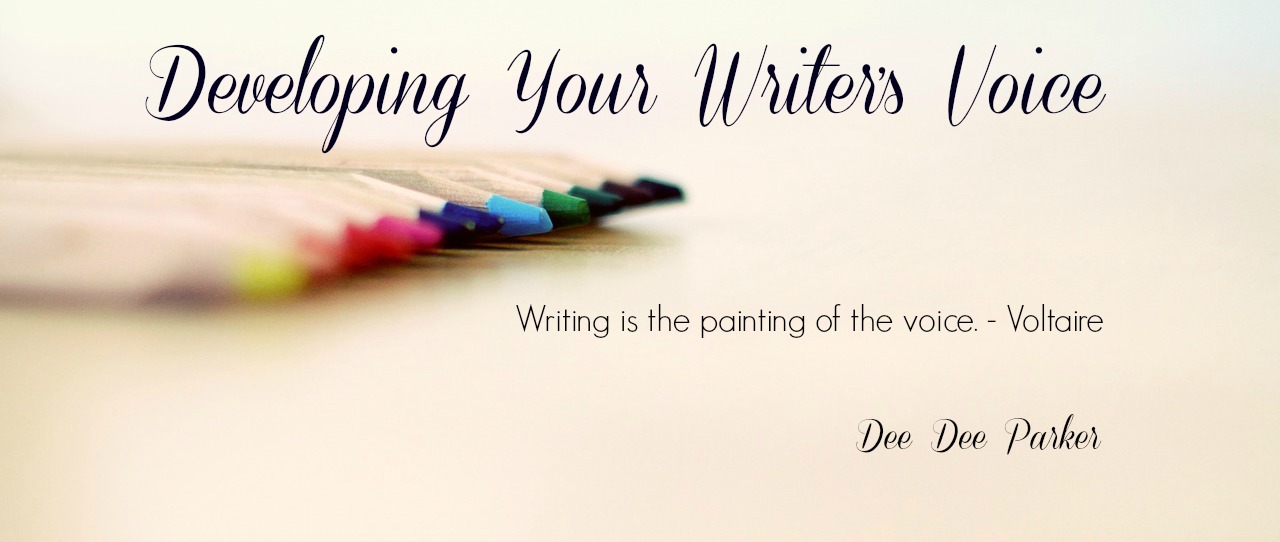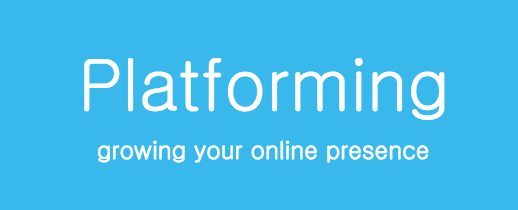
Going With The Flow
[vc_row][vc_column][vc_column_text]The steamer which crossed the Pacific from Yokohama to San Francisco made a direct connection with that from Hong…
February 14, 2017
[vc_row][vc_column][vc_column_text]The steamer which crossed the Pacific from Yokohama to San Francisco made a direct connection with that from Hong…
February 14, 2017
[vc_row][vc_column][vc_column_text]The steamer which crossed the Pacific from Yokohama to San Francisco made a direct connection with that from Hong…
January 4, 2017
Earlier this week I wrote a post for my own blog and was reminded about two things: the difference…
October 18, 2016
I enjoy blogging about the Appalachian mountains where I live. My blog speaks to the traditions, faith, lifestyle, and…
April 8, 2016
My husband Don is starting his Appalachian Trail (AT) hike on March 13th. He’s had this passion on his…
March 21, 2016
“Does building a platform really increase chances of publication?” This is a question many beginning authors ask when they…
February 19, 2016
Particularly for new writers beginning the blogging journey, comparison can kill confidence and create problems. New bloggers often struggle with…
February 16, 2016
You sit down at your computer to write a new blog post. A blank screen is all you…
October 6, 2015
Do you ever feel like “just a writer?” “Just” a wannabe author? “Just” a wordsmith who spends hours inventing…
September 24, 2015
Do you need a website as an author? Let’s think about this for just a moment. In this day…
August 3, 2015
Very few people take a trip without a destination in mind. When we travel, good planning makes for a good…
July 31, 2015
Blog readers are scanners, their eyes skimming the page for interesting information. Problogger reports the average time spent reading…
July 6, 2015